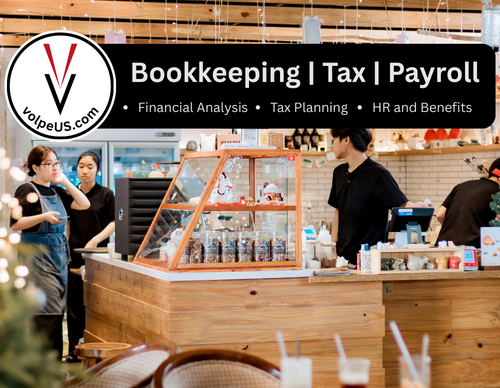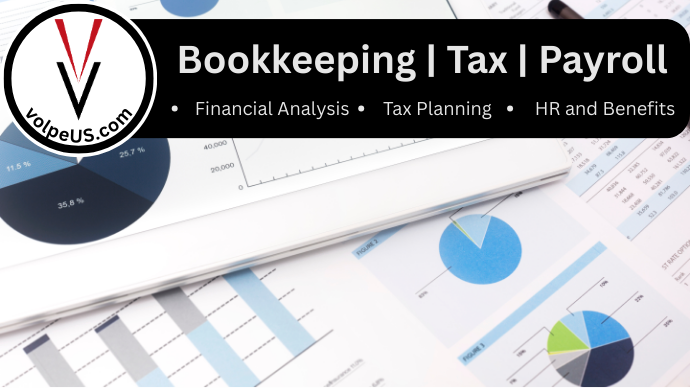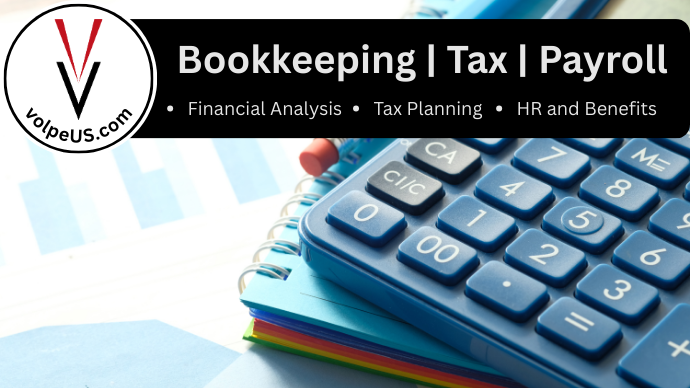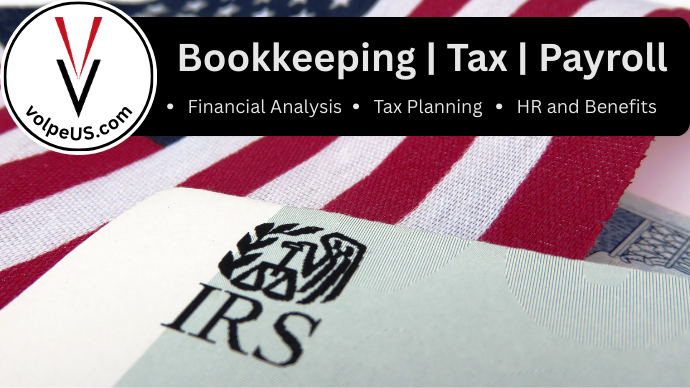TaxesTuesday, Cost of Goods Sold
In last week’s TaxesTuesday I mentioned Cost of Goods Sold as a heading in the chart of accounts, but what actually qualifies to be categorized as Cost of Goods Sold, and why should you even bother with them?
The Cost of Goods Sold account is meant to capture a direct cost letting you know how much you spent on the goods or services that were sold or provided. For example, it tracks what a manufacturing company spends on raw materials, labor, and production costs; for a retail business it could track the cost of the products that were actually sold, and for a service provider it could track supplies for specific jobs [such as paint for a painter or lumber for a builder], wages paid to employees or independent contractors providing a direct service, and so on. The purpose of this account is twofold: first, to provide an accurate depiction of your Gross Margin, which is the amount of profit before all of your General & Administrative expenses, aka G&A or Overhead Costs, and of course second, to decrease taxable income. Lets look at each in greater detail.
From a business point of view, tracking these expenses can help a manager or business owner identify potential opportunities to decrease costs and increase profits by helping them identify the correct questions to ask.
For instance, if a company in St. Louis provides the service of painting houses, the wages that they pay to the individuals doing the painting is not typically a fixed cost. There may be one employee who can paint two houses in the time it would take another employee to paint one house of the same size. This information is very valuable to have as a manager because this could indicate an opportunity to increase the profit margin. Implementing efficiency measures, having a conversation with each employee and sharing tips of the trade, or developing incentives all could help lower Cost of Labor, and therefore Cost of Goods, ultimately adding Profit to the bottom line.
As in all situations, jumping to hasty conclusions based on one piece of information can cause a lot of problems; not every operational issue can be solved by a cursory look at the numbers. For instance, what if the slower employee had a 100% retention of clients and the faster employee only had a retention rate of 25%. On the flip side, if this was not the case, and their work was of equal quality, asking for the faster employee to help train others could help increase the production capacity of the current employees without increasing the wage cost to the employer.
On the tax side of things, if you have inventory, then you must track and report Cost of Goods Sold, since it has a direct correlation to your ending inventory for the year. Some may try to downplay the importance of this by saying that not declaring, or declaring incorrectly.
How do Costs of Goods Sold Affect An Audit?
Cost of Goods Sold numbers won’t usually throw a red flag and trigger an audit, however, in the event of an audit, incorrect or manipulated numbers can carry with it grave consequences. The good news is that if you keep good records, you should have no trouble navigating those waters.
Yet one more reason to track Cost of Goods Sold is so that you have an accurate inventory valuation at the end of the year since the value of your inventory is a significant factor in determining your taxable income. By keeping an accurate account of Cost of Goods Sold, you will be able to confidently and accurately provide the IRS an inventory valuation at the end of the year, which could possibly reduce the tax liability on your tax return.
The sub accounts of Cost of Goods Sold account that the IRS is interested in are listed below.
- Materials (which is where you will get your Purchases for IRS form 1125-A)
- Cost of Labor (excluding wages or salary paid to the owner of the company)
- Section 263 A expenses
( for more information: https://www.irs.gov/businesses/small-businesses-self-employed/capitalization-period-of-direct-and-indirect-costs )
Tracking Cost of Goods Sold can be complicated, so if you are unsure about how to do this best, reach out for assistance from a St. Louis tax service professional!
Until Next Time!
Chelsea Auton
The Volpe Consulting & Accounting Team
Sources:
https://www.irs.gov/publications/p334/ar01.html
https://www.irs.gov/pub/irs-pdf/f1125a.pdf
https://www.irs.gov/businesses/small-businesses-self-employed/deducting-business-expenses














